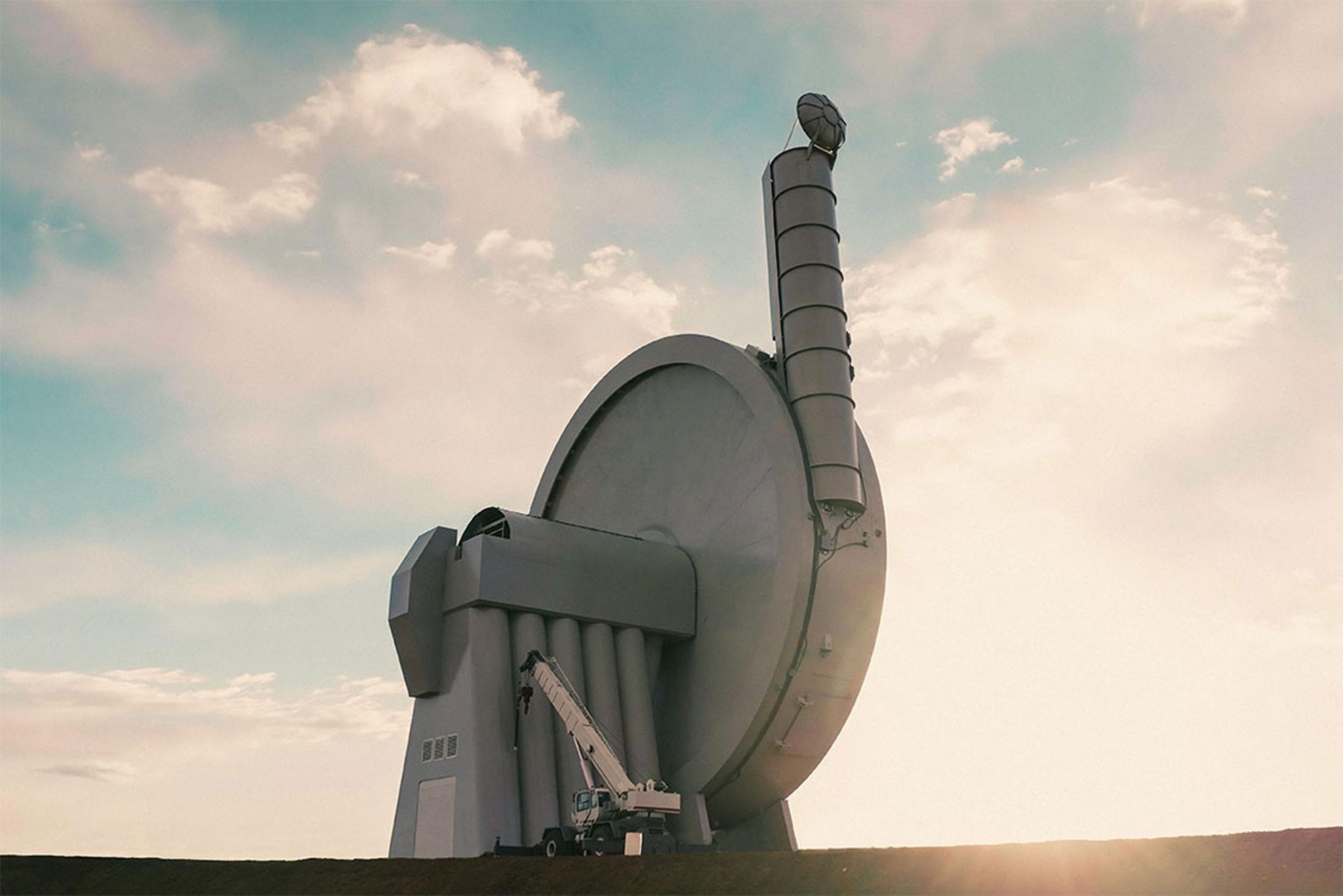SpinLaunch, a company specializing in innovative space launch technologies, has recently raised $11 million in funding. However, this amount fell short of its expectations, as sources indicate the company hoped to secure a significantly larger sum. This funding round is crucial for SpinLaunch as it aims to scale its operations and enhance its technology for launching payloads into space more efficiently and cost-effectively.
The $11 million raised is a notable achievement for any startup, but for SpinLaunch, it represents a fraction of what was anticipated. CEO David Wrenn expressed concerns about the fundraising figures, labeling them as “highly inaccurate and misleading.” The discrepancy between expectations and reality raises questions about the current state of investor confidence in the aerospace sector, particularly for companies exploring alternative launch methods.
The funds raised are intended for several key initiatives within SpinLaunch. Primarily, they will be allocated toward developing and refining the company’s kinetic launch system, which utilizes a unique method of accelerating payloads to high speeds before releasing them into orbit. This approach aims to reduce the costs associated with traditional rocket launches and provide a more sustainable option for accessing space.
While securing funding is a critical step for any startup, a shortfall can have significant implications for operations and future growth strategies.
The reduced funding could potentially hinder SpinLaunch’s ability to meet its project timelines and technological milestones. Without adequate resources, the company may face challenges in advancing its research and development efforts, which are fundamental to establishing its launch system as a viable option in the competitive aerospace market. Additionally, delays in operational capabilities may affect investor sentiment and future fundraising activities.
To address the funding shortfall, SpinLaunch may need to explore alternative financing strategies. This could include seeking partnerships with established aerospace firms or government agencies that share an interest in innovative launch technologies. Furthermore, pursuing grants or subsidies aimed at promoting space exploration and technology development could provide additional financial support.
Understanding SpinLaunch’s position within the broader aerospace industry is vital to grasping the implications of its recent funding situation.
SpinLaunch operates within a rapidly evolving space industry characterized by increasing competition and innovation. The company’s unique approach to launching payloads distinguishes it from traditional rocket companies, positioning it as a potential disruptor in the market. However, it must navigate the complexities of regulatory requirements and technological challenges inherent in aerospace ventures.
When compared to competitors like SpaceX and Blue Origin, SpinLaunch’s funding challenges highlight the varying levels of investor confidence in different business models. While established firms have secured substantial investments due to their proven track records, newer companies like SpinLaunch must demonstrate their technology’s viability to attract similar levels of support. The landscape is competitive, and success often hinges on the ability to secure funding amid fluctuating market conditions.
As we explore the innovations in space technology, it’s worth noting that several companies are pioneering advancements that could complement SpinLaunch’s efforts. From reusable rocket systems to satellite deployment technologies, these innovations represent significant strides toward making space access more efficient and less costly.
The landscape of startup funding in the aerospace sector is shifting. While traditional investments have been robust, there is a growing trend toward cautious evaluation by investors, who are increasingly focused on proven business models and clear pathways to profitability. This trend may influence how new entrants like SpinLaunch navigate their funding strategies moving forward.
By understanding these dynamics within the aerospace industry, we can better appreciate the challenges and opportunities that companies like SpinLaunch face as they seek to innovate in a competitive environment. The recent funding round, though below expectations, marks a critical juncture for SpinLaunch as it strives to redefine how we think about launching payloads into space.
Featured image courtesy of Universe Space Tech

